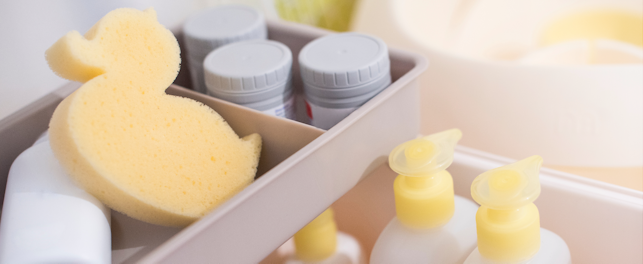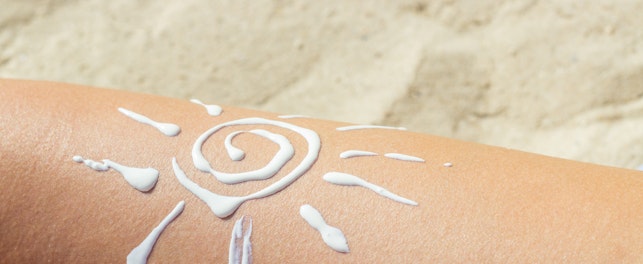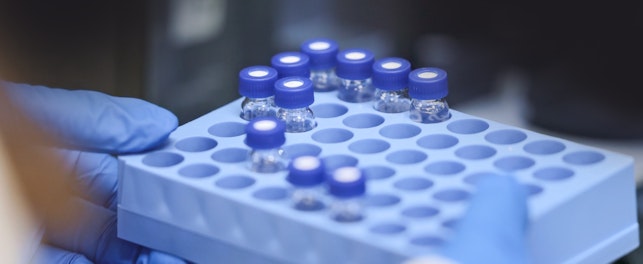What do you see when you look into the mirror? Is the person in front of you older than you imagine? In this article we look at how clinical tests are used to create facial skin products that help consumers defy the visible signs of aging.

Since ancient times humans have searched for the secret to eternal youth. In Greek and Roman literature this trope often came with a nasty twist: the protagonist may find eternal life, but they fail to find eternal youthfulness.
While modern medicine has not yet granted us eternal life, it has considerably extended our lifespan. In the pre-modern era, it is estimated that average life expectancy fluctuated between 30 and 40 years of age.1 Today, the United Nations estimates global life expectancy to be 72.6 years.2
As our lives have extended, the search for youthfulness has become more pressing for many consumers. The person in the mirror may now be showing visible signs of aging, but steps can be taken to slow down and reverse this process.
Safety and Efficacy
The market in facial skin products is diverse – covering everything from anti-wrinkle and skin lightening creams to sunscreens. Products available on the market must conform to safety regulations. If they are to succeed in this competitive market, they must also live up to the claims the manufacturers make about performance.
Facial skincare products must be subjected to rigorous testing to prove safety and efficacy. Clinical tests, overseen by an MD or Ph.D., will typically last between eight and twelve weeks. They will involve multiple participants, ordinarily between 25 and 60, drawn from a cross section of society. All testing is conducted under controlled usage conditions, with clinical examinations performed at the laboratory every four weeks.
During these examinations, the participant’s face will be measured for changes to their skin using clinical grading scales, photographic techniques and bioinstrumentation. In addition, the participant’s reflections on the product will be sought using a self-perception questionnaire. The data from these assessments will build an overall picture of the performance of the product.
To provide the manufacturer or supplier with valuable data that will benefit them in the marketplace, these tests must be conducted by an independent testing laboratory. The facility and its staff must have no vested interest in the outcome of the study; they must be objective and “call it, as they see it.”
Clinical Testing of Anti-Aging Products
Most dermatological experts agree that the collagen levels in our skin diminish after the age of 40. This is when many of us will start to see fine lines, wrinkles and age spots. However, the process can be significantly accelerated in some people by exposure to the sun.
When conducting a clinical test, it is important to include a broad range of eligible people – from their late 20s to early 70s. The test will only deliver relevant data if the spread of participants truly reflects the people who may use the product. Rather than focus on age therefore, it is important to ensure that all participants meet the criteria for eligibility. Typically, this will be the presence of mild to moderate fine lines, wrinkles and facial skin dullness.
Published studies have repeatedly shown that, regardless of age, people with mild to moderate visible sun damage can often improve their facial appearance by using a well-designed skin care product. The magnitude of the improvement in appearance is often dependent on the severity of skin condition.
SGS Stephens
We provide the cosmetics and personal care industries with high quality, independent efficacy and claim substantiation testing services, utilizing the latest bioinstrumentation and high-tech photographic techniques. Our comprehensive range of clinical test solutions cover products for the skin, feet and nails and hair and mouth. After all, it’s only trusted because it’s tested.
Learn more about SGS Cosmetics, Personal Care and Household Product services.
For more information, please contact:
Thomas J. Stephens, Ph.D.
Vice President
SGS Stephens
t: +1 (972) 392-1529
References
1 Life expectancy has improved globally2 Life Expectancy








